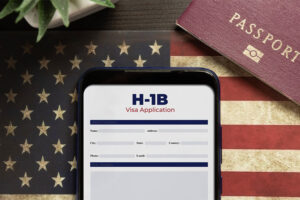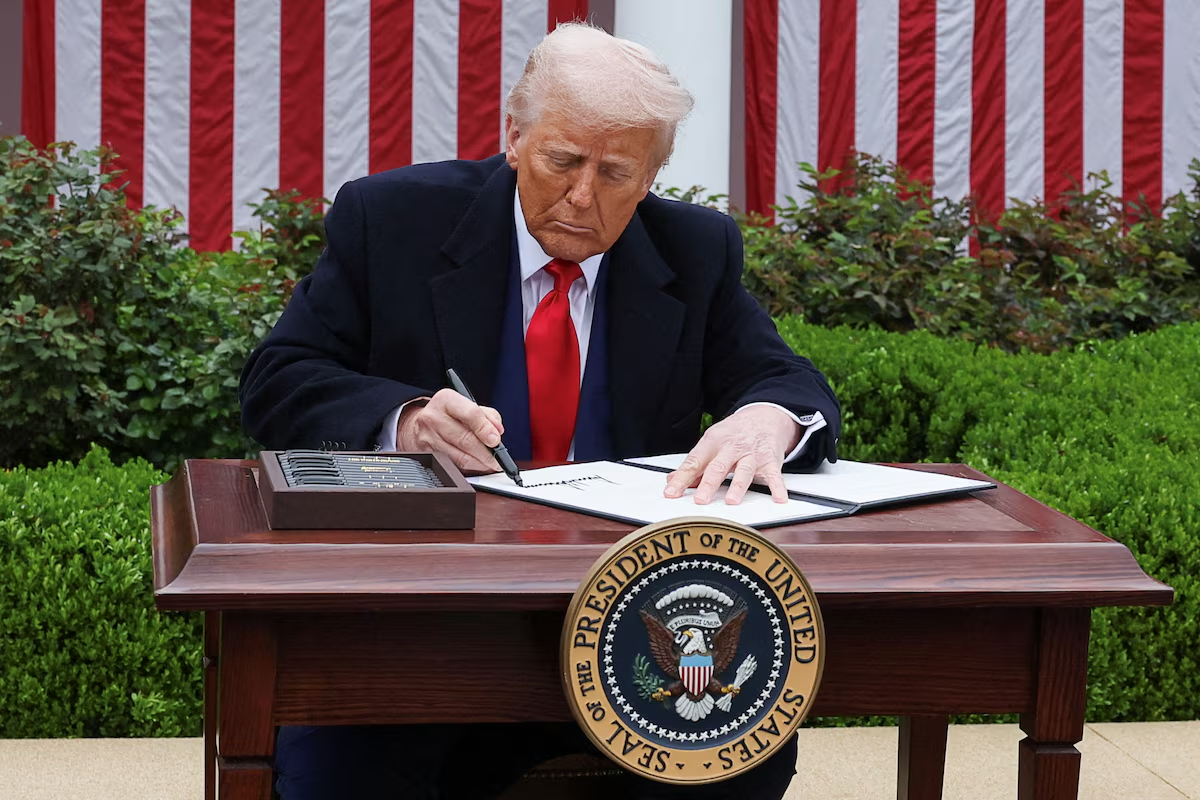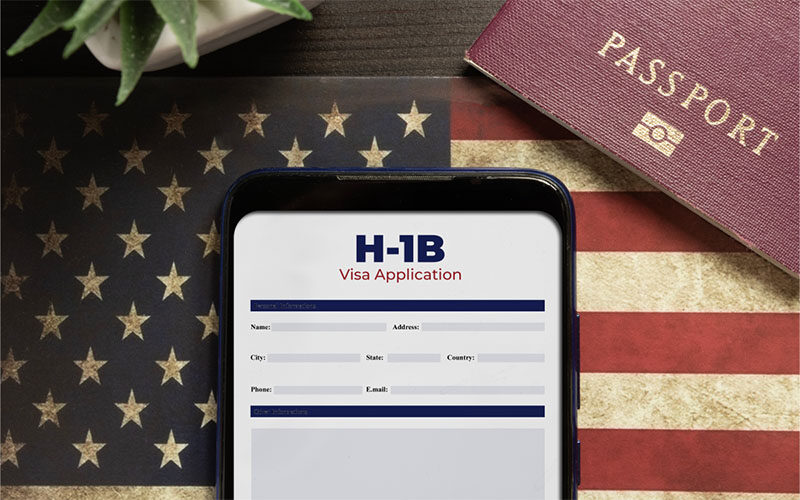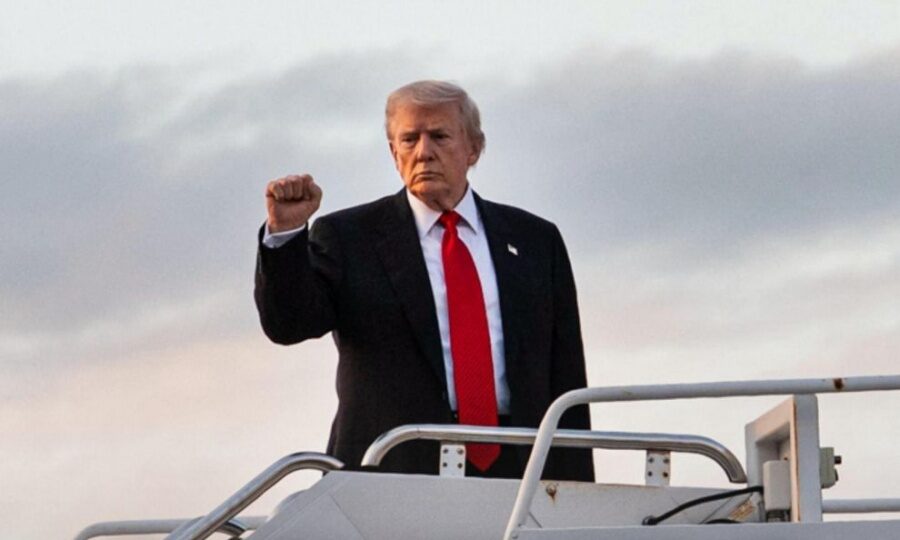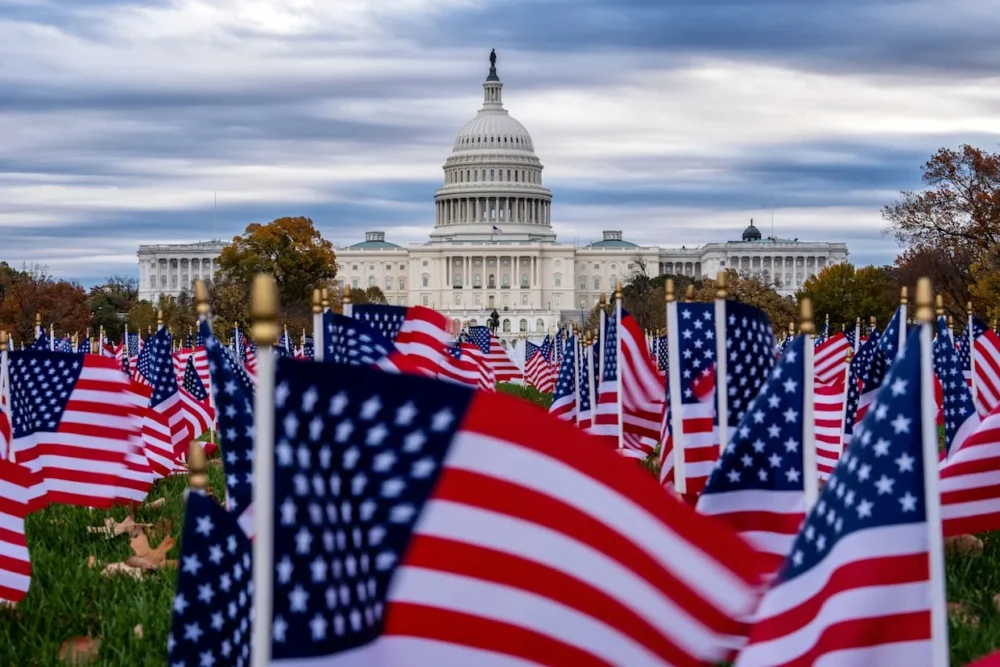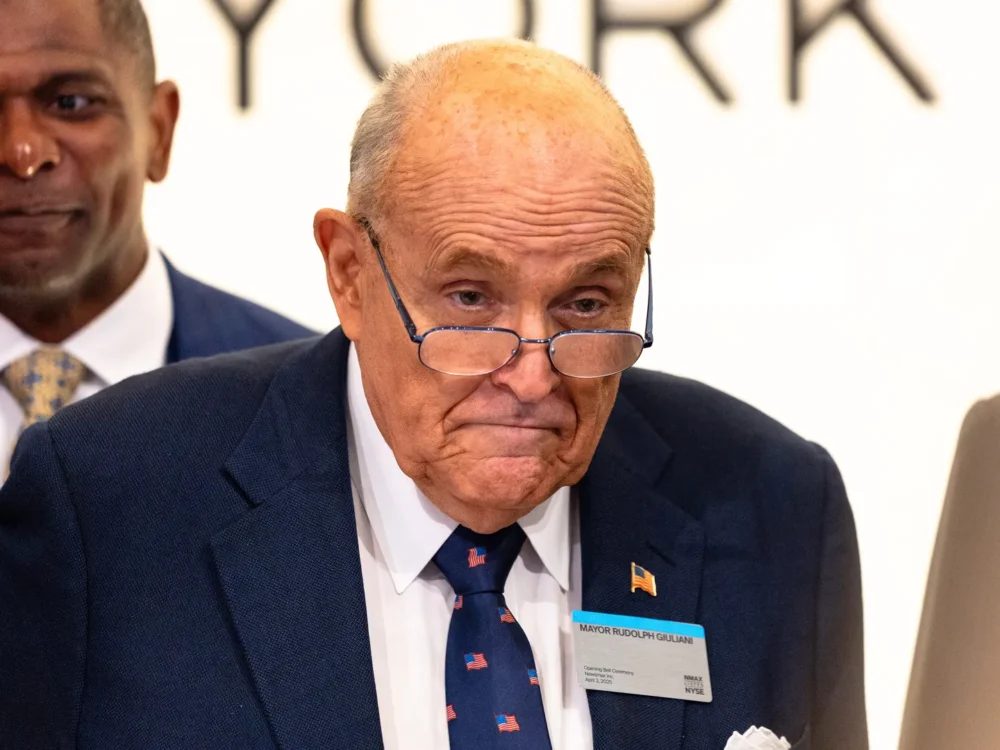President Trump’s tariffs, which are among the highest since the Great Depression, have significantly impacted the U.S. economy, generating billions of dollars in revenue for the federal government but also incurring substantial costs. These import taxes have now reached nearly 18% on average, up from just 2.4% before Trump’s re-election, and the Treasury Department is collecting close to four times the tariff revenue compared to a year earlier. Nearly half of that revenue—billions of dollars—is now under challenge in the Supreme Court, which is examining whether the president overstepped his legal authority in imposing these tariffs.
The tariffs are a key component of Trump’s trade strategy, intended to boost domestic manufacturing, address trade deficits, and exert political pressure on trading partners. However, their economic impact is complex. While tariffs have helped generate approximately $224 billion for the government—significantly aiding federal revenue—they have also driven up prices for goods like apparel, furniture, and electronics. Retailers warn that ongoing tariffs could further increase consumer prices, and inflation has already edged upward, reaching 3% annually in September 2025, compared to 2.3% earlier that year.
The economic toll extends beyond consumers. Many businesses, particularly those importing electronics, automotive parts, and other components, are grappling with unpredictable tariff swings, which complicate supply chain planning. Despite claims that foreign suppliers bear the costs, most tariffs are ultimately paid by U.S. importers and manufacturers, resulting in higher costs that are often passed onto consumers. The impacts are measurable: Households face an estimated additional monthly expense of over $1,300, and many businesses are absorbing extensive costs or raising prices in response.
Legal challenges to Trump’s tariffs focus on their broad application and whether the president exceeded his authority under the 1970s law, the International Emergency Economic Powers Act, which grants the president emergency powers to regulate trade but does not explicitly mention tariffs. Many legal experts and business groups argue that the use of this law to impose widespread tariffs violates constitutional limits on presidential power, prompting high-stakes deliberations at the Supreme Court.
If the court rules against the administration, it could lead to the dismantling of current tariff policies, refunds for duties paid, and broader implications for international trade relations. Conversely, if the tariffs are upheld, they could remain a significant tool in U.S. trade strategy, although at a cost to consumers and business profitability. Meanwhile, President Trump and his allies insist that tariffs are vital for national strength, while critics warn of long-term damage to economic stability and global relations.


